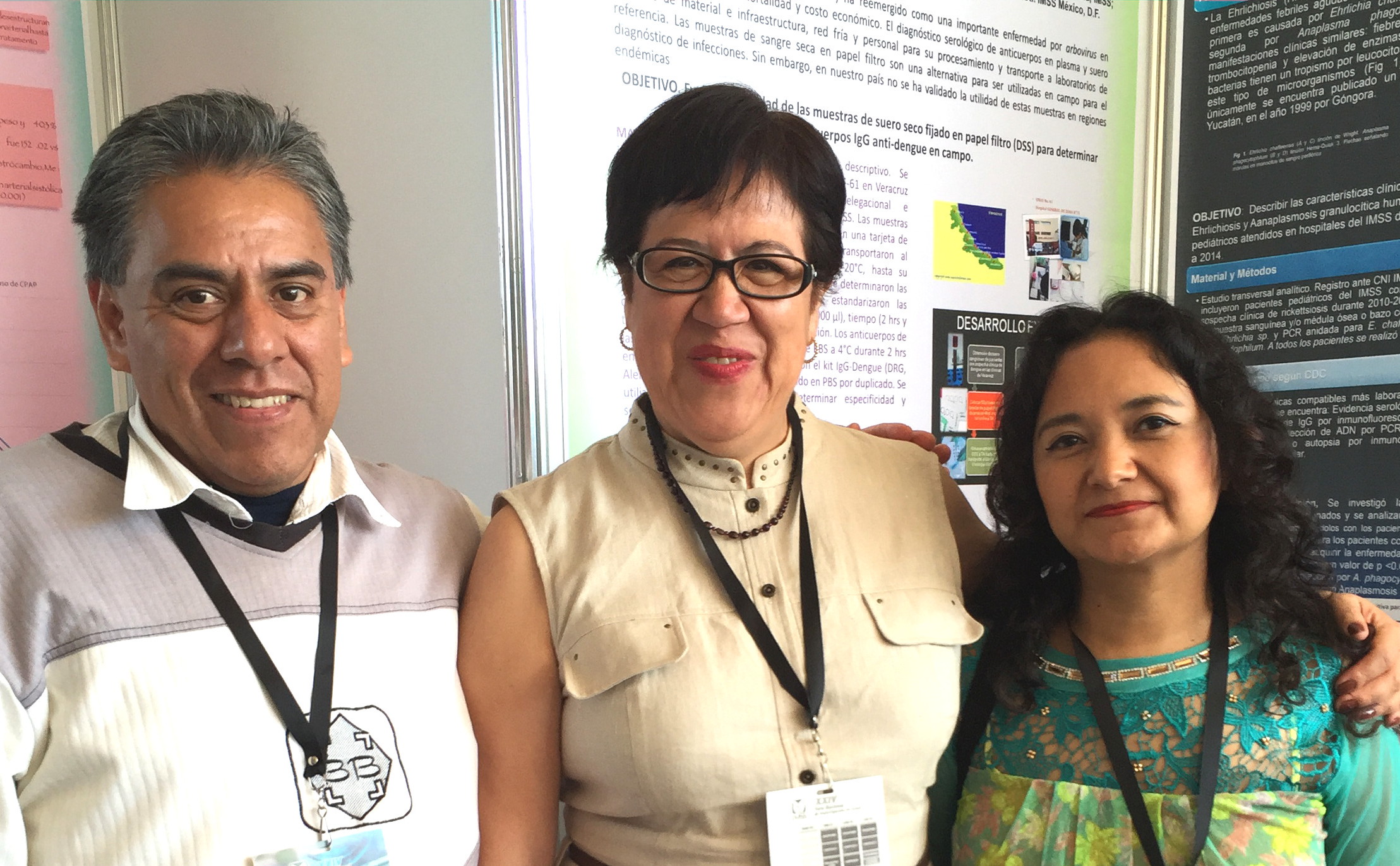
Few experimental studies on Leishmania tropica have been undertaken despite the importance of this parasite as the cause of cutaneous leishmaniasis, and now visceral disease, in the Old World. In part, this is due to the absence of convenient animals models, especially mice, for L. tropica infections. An anti-lipophosphoglycan (LPG) monoclonal antibody XCIV 1H2-A8 (T11), specific for L. tropica, was found to distinguish between culture-derived procyclic and metacyclic promastigotes. The antibody was used to negatively select for nonagglutinated metacyclic forms in stationary cultures, and the exceptional virulence of the purified metacyclics was verified by their infectivity for mouse macrophages in vitro and by their ability to produce cutaneous lesions in footpads of BALB/c mice. The lesions produced by three cutaneous isolates of L. tropica were nonulcerative and nonprogressive. Nonetheless, the lesions failed to heal, and high numbers of parasites could be recovered from footpads and draining lymph nodes up to 9 months after infection. Infections using L. tropica metacyclics purified from cutaneous, visceral and viscerotropic (Desert Storm) isolates of L. tropica were compared in both mouse and hamster models. Differences in disease progression were found that may reflect the parasite tissue tropism and virulence displayed by these strains in their human hosts. These findings suggest a role for parasite-related determinants in the clinical spectrum of disease.








